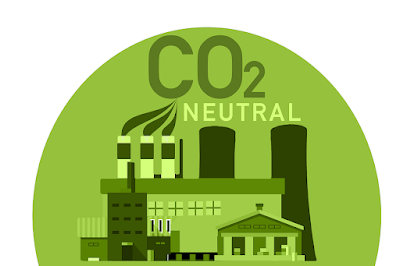PLaSC2 (Planning Lab for Sustainability and Climate Change)
In KAIST PLaSC2 Lab, we study various urban and regional planning problems including but not limited to climate change, urban sprawl, environmental pollution, and environmental/climate justice. We analyze various quantitative and qualitative data using innovative novel methodologies to understand the causes and the impacts of these problems. From the analysis outcome, we derive planning policy implications and develop policy recommendations to inform our communities, planners, and decision-makers which would hopefully lead to finding solutions to these problems. We also seek to enhance communications among the stakeholders with effective data visualization and communications using emerging online platforms and technologies. Our mission is to develop innovative planning solutions to promote sustainable development, environmental protection, and climate change mitigation/adaptation. Our vision is to become a leading planning research hub in Korea that fosters interdisciplinary collaboration among planners, engineers, and scientists to tackle important urban and regional planning challenges.
Research
AI-Based Greenhouse Gas Inventory Prediction
- Cities are at the forefront of energy consumption and greenhouse gas emissions, with buildings and transportation sectors contributing significantly to the carbon footprint. Our research aims to address these challenges by developing AI-based solutions that automate greenhouse gas inventories and optimize decarbonization efforts across various urban sectors.
- Through the integration of machine learning algorithms, real-time data analytics, and data-driven approaches, our work enhances the precision of emissions tracking and formulates efficient strategies for reducing carbon emissions. This includes focusing on buildings' energy usage and transportation patterns. Our objective is to support the creation of sustainable, environmentally friendly smart cities by leveraging advanced technologies to drive substantial reductions in greenhouse gas emissions.
Planning for Climate Change
- Cities account for 78% of the world’s energy consumption and produce more than 60% of global greenhouse gas emissions. Urban land use mix and density, transportation patterns, buildings energy usage, electrification, and renewable energy production are essential for GHG reduction. Our research on climate change focuses on testing the effectiveness of various planning policies for GHG reduction. Such policies include building energy policy, climate action plans, district energy policy, land-based carbon sink preservation policy, and other climate policies designed for promoting energy efficiency and reducing GHG from the built environment.
Life Cycle Assessment of Climate Change Mitigation Technologies
- We work closely with civil and environmental engineers developing climate change mitigation technologies such as carbon-absorbing building materials and nitrogen recycling systems. Our research focuses on the life cycle assessment of such technologies and developing planning policy solutions to support the adoption of the technologies which could ultimately lead to expediting the decarbonization of our cities and regions.
Urban Growth Management and Land Preservation
- Land preservation has the benefits of securing parks and open space within built-up urban and suburban areas, producing food and natural vegetation for wildlife habitats, protecting source water, and sinking carbon. Promoting compact and efficient land uses can mitigate the costs of sprawl including dependency on automobile and imported oil, air and water pollution, GHG emissions, and extensive infrastructure provision costs. We study the effectiveness of various growth management policies (e.g., Greenbelt, Smart Growth) to promote sustainable urban growth and land preservation including carbon sinks in different parts of the world.
LULUs and Environmental Justice
- Waste incinerators, power plants, and landfills are essential urban infrastructure, yet they are known as locally unwanted land uses (LULUs) because of their negative impacts on the environment and public health. Because these LULUs are often disproportionately located in disadvantaged neighborhoods, they indirectly generate social stigmas. Our research focuses on identifying environmental injustice cases using spatial and statistical analyses, and developing planning and policy solutions to protect vulnerable communities from the adverse impacts of LULUs.
Online Collaborative Planning
- The emergence of online platforms and big data has transformed planning and policy-making to be more accessible, inclusive, and transparent. Effective communication using online platforms can better inform our communities, make public participation accessible and inclusive, enhance planners' capacity to engage communities, and inform decision-makers to better address the needs and wants of the communities. Our research focuses on developing/utilizing online platforms (e.g., Twitter, Facebook, webpages, and apps) to collect and analyze communication data, and deriving useful planning implications to inform our communities, planners, and decision-makers.






Comments
Post a Comment